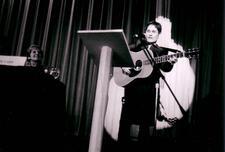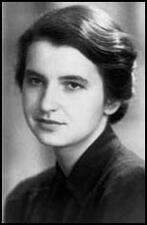
Rosalind Elsie Franklin
An influential British physical chemist, Rosalind Elsie Franklin’s essential innovations in DNA research, including her X-ray DNA photography and her work in distinguishing between “A” and “B” forms of DNA, allowed Frances Crick and James Watson to solve the structure of DNA as early as 1953. Her important role in their work went largely unacknowledged until the 1990s.
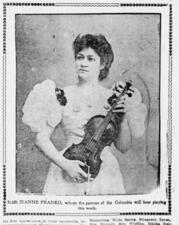
Jeanne Franko
Jeanne Franko was a violinist and pianist who performed with her four siblings and had a solo career. After making her debut in Paris before she was fourteen, Franko went on to tour most of the United States with her siblings and later with the Jeanne Franko Trio, perform with many orchestras as a violin soloist, and teach music in New York.
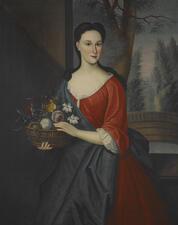
Bilhah Abigail Levy Franks
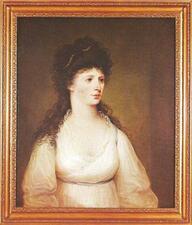
Rebecca Franks
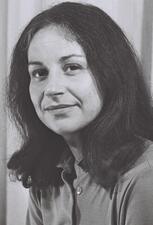
Marcia Freedman
Marcia Judith Prince Freedman was an American-Israeli feminist writer, Knesset member, and advocate for women's rights who played a pivotal role in establishing Israel's feminist movement. Her activism included founding consciousness-raising groups, advocating for equal pay and reproductive rights, and challenging sexist religious laws. She also became politically involved in the United States, pushing for a new perspective on the conflict between Israelis and Palestinians.
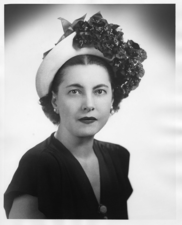
Lillian Simon Freehof
Lillian Simon Freehof (1906-2004) was a leader in developing transcription services for people with visual impairments and blindness, working with Sisterhood volunteers at Rodef Shalom Congregation in Pittsburgh, PA, and, at the national level, with the Federation of Temple Sisterhoods (now WRJ). She also wrote books and plays for children and young adults and books on needlework and Jewish festivals for adults. She was the wife of Rabbi Solomon B. Freehof.
Cynthia Freeman
Cynthia Freeman is remembered as a best-selling author of popular romances during the 1970s and 1980s. A central theme running through most of Freeman’s novels is the struggle of Jewish immigrants to assimilate to American life while at the same time maintaining Jewish traditions. Freeman’s work was influenced by her family’s closeness and by her concern for the continuation of Jewish life and culture.
Myra Ava Freeman
The first Jew to be appointed lieutenant governor of a Canadian province and the first woman to hold the office in Nova Scotia, Myra Freeman was born in St. John, New Brunswick. Serving as Lieutenant Governor from 2000 until 2006, Freeman made her mandate the redefinition and democratization of the largely ceremonial office. In 2003 she was named First Honorary Captain (Navy) of Maritime Forces Atlantic, Her Majesty’s Canadian Forces.
Stella Heinsheimer Freiberg
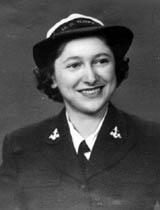
Bernice Sains Freid
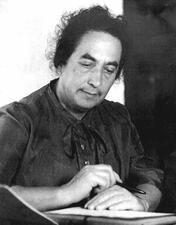
Recha Freier
German-born Recha Freier founded Youth Aliyah in 1933, which assisted in sending Jewish European teenagers to Palestine prior to World War II to be trained as agricultural pioneers on kibbutzim. Although she was responsible for saving the lives of many thousands of Jewish youth, Freier’s efforts were not officially acknowledged until 1975, when she was eighty-three years old.
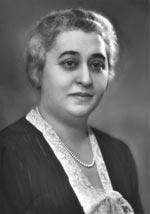
Lillian Freiman
Lillian Freiman was unquestionably the most prominent Jewish woman in Canada in the interwar period. Freiman was exemplary for her degree of independent social activism and devotion to an array of Jewish and non-Jewish social causes.
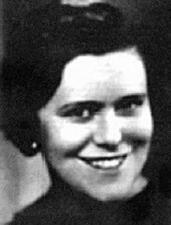
Else Frenkel-Brunswik
Else Frenkel-Brunswik was a social psychologist who is best known as a coauthor of The Authoritarian Personality.
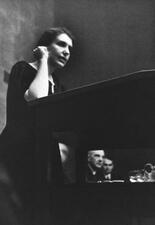
Anna Freud
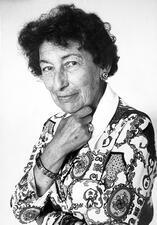
Gisèle Freund
Gisèle Freund was a European intellectual and writer, a sociologist, a historian of photography, a socialist, a Jew, and one of the world’s greatest photographers.From her photographs of a rally in Berlin to her insightful portraits of Evita Perón, Freund captured the early twentieth century. In 1991, she was the first photographer honored with a retrospective at the Musée National d’art Moderne.
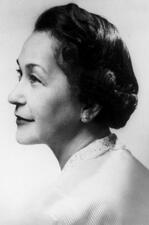
Miriam Freund-Rosenthal
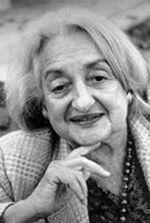
Betty Friedan
Jane Friedenwald
Jane Ahlborn Friedenwald used her position as a member of one of the most prominent Jewish families in Baltimore to support and promote vital Jewish causes and institutions.
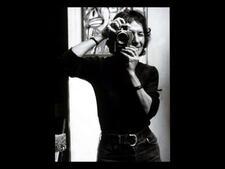
Marti Friedlander
London-born Marti Friedlander migrated to New Zealand in 1958. She became one of the country’s most outstanding and influential photographers in portraiture, photo-journalism, photo-books, and “street” photography. Her photographs still live vigorous public lives in exhibitions, books, and periodicals published after her death.
Marta Friedländer-Garelik
Just the third Austrian woman to establish a legal practice, Marta Friedländer-Garelik’s law career was cut short by the 1938 Anschluss. She was able to escape Vienna through passage to Ireland, where she discovered her talent for handicrafts. After immigrating to Texas in 1941, Friedländer-Garelik started her own very successful knitwear factory.
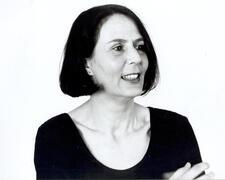
Carl Friedman
Carl Friedman was a Dutch writer who published several international bestsellers about the Holocaust and second generation trauma. Though writing from a Jewish perspective, in 2005 it was revealed that Friedman did not have a Jewish background. The controversy marred Friedman’s literary career.
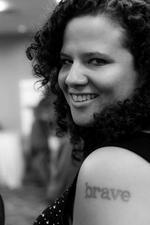
Jaclyn Friedman
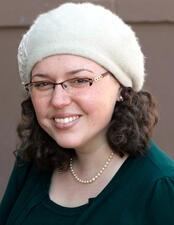
Ruth Balinsky Friedman
Charlotte Friend
Cell biologist and immunologist Charlotte Friend discovered a virus that could transmit leukemia and made major contributions to our understanding of cancer and its causes. She served as director of the Center for Experimental Cell Biology at Mount Sinai Medical School, and later as the president of the New York Academy of Sciences and the American Association for Cancer Research.

